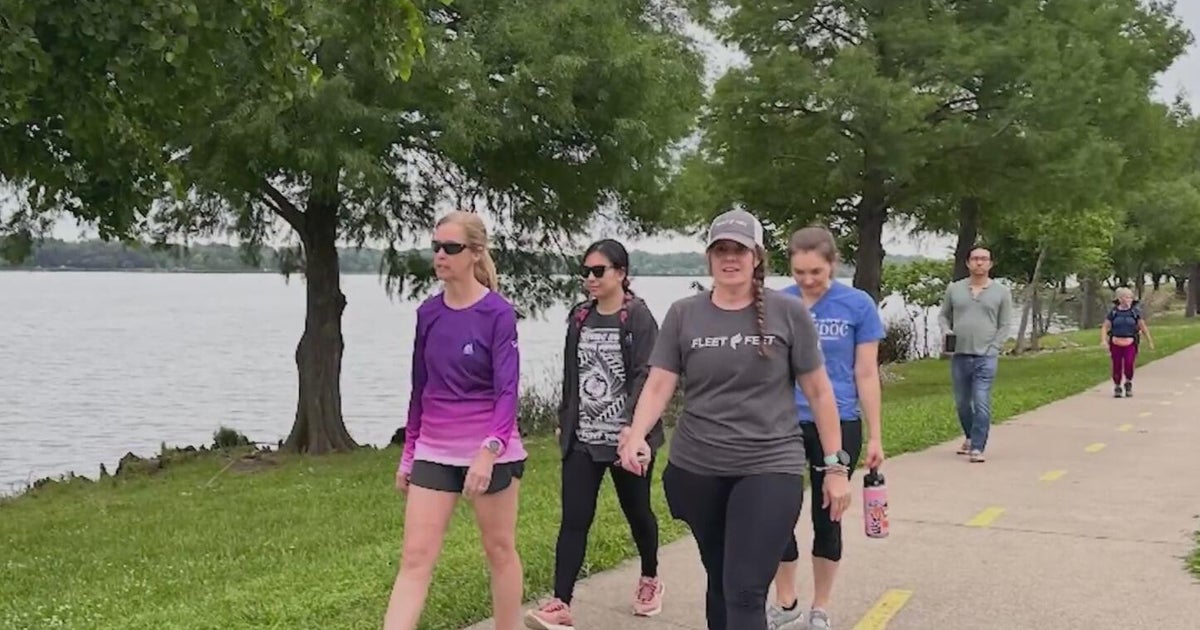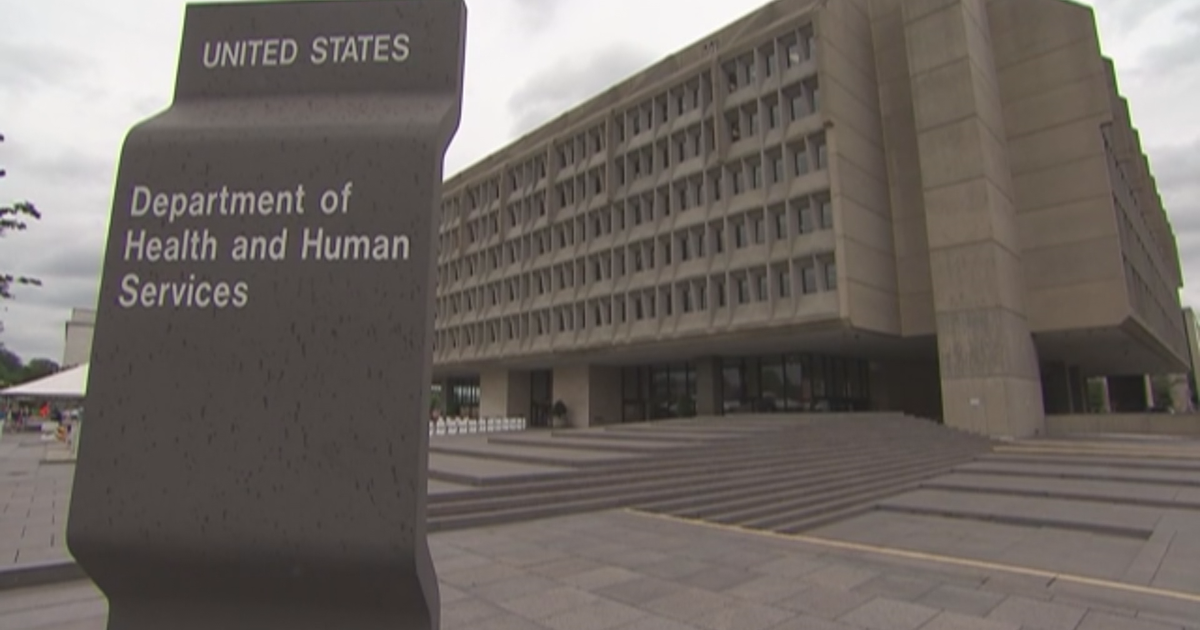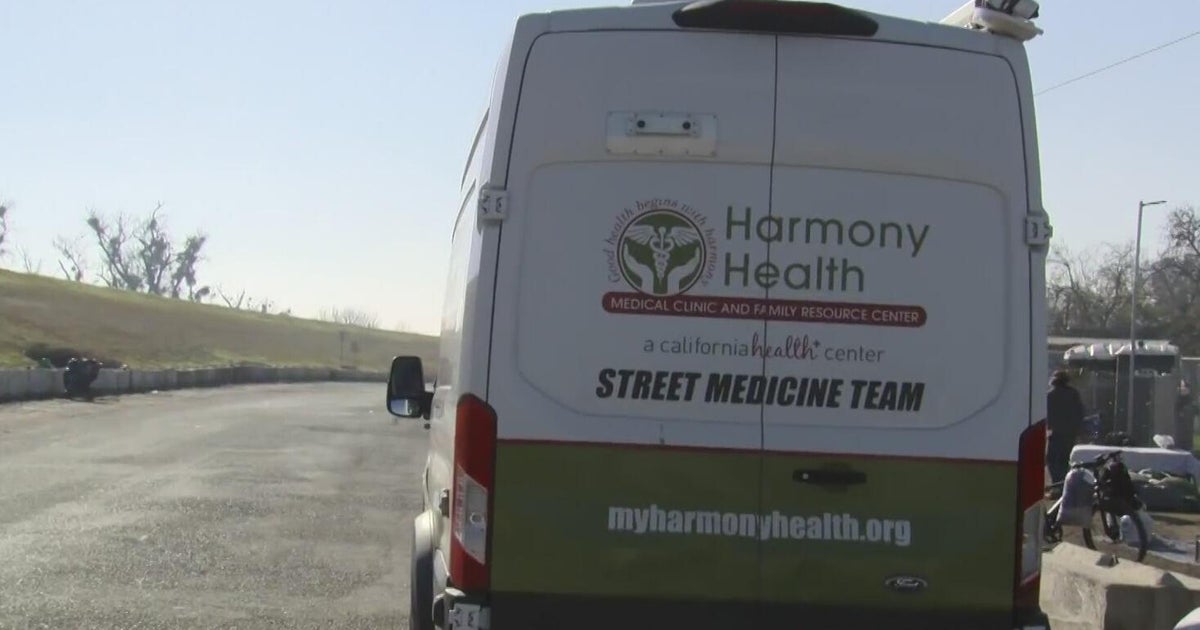Rise in colorectal cancer among young adults an alarming trend
LOS GATOS -- Cases of colorectal cancer are on the rise among young adults and the disease is now estimated to be the deadliest cancer for adults between the ages of 20 and 49 by the year 2030.
In between her middle school literature lesson plans and raising two kids at home, Jenessa Schwartz was not feeling quite right.
"Really chronic fatigue, really inconsistent bowel habits, and all the symptoms are easily explained away by being a tired, working mom," said Schwartz.
A friend told Schwartz to get checked out by a doctor just in case. That is when her story took an unexpected twist when she got a colonoscopy.
"She told me I had a tumor blocking my colon and she couldn't complete the colonoscopy," explained Schwartz.
Schwartz was only 34 years old when her life was forever changed.
"I was told I had Stage 4 colon cancer and I was given 18 months in the beginning," said Schwartz. "All I could think about was what I would miss. I'd miss all their graduations, their eventual weddings and the little things too."
Now 40 years old, Schwartz has beat the odds from her original prognosis. Every day continues to be a challenge as she raises her two kids at home and teaches at a Los Gatos middle school full-time.
"I find it harder and harder to get through the days," said Schwartz. "By the time I get to lunchtime, I look over at the couch sitting in my classroom and I'm, like, oh that looks tempting."
The rise in colon cancer rates among millennials has been alarming.
"Physicians are aware, primary care doctors are aware, oncologists are aware, and I am not sure the public is aware that it is a real issue," said Dr. Jason Zell, Professor at UC Irvine Health Chao Family Comprehensive Cancer Center.
Health experts have not been able to pinpoint exactly why younger people are getting diagnosed with colorectal cancer but they do point to concerns about lifestyle choices.
"Physical activity, obesity, a sedentary lifestyle are risk factors for colorectal cancer in general," said Zell. "Diet, colorectal cancer, unlike most other tumors are extremely sensitive to dietary changes. The western dietary pattern, a diet high in fat, meats, sweets, is not good for colorectal cancer risk."
The American Cancer Society says colorectal cancer in younger people has doubled since 1995, with new cases rising by 2% annually for people younger than 50. What makes it difficult is that regular screening starts at the age of 45. Younger than that, Dr. Zell says if you notice anything suspicious, talk to your doctor.
"Unfortunately, young onset is hallmarked by unusual symptoms like fatigue, sleep disturbances and that makes it very hard to diagnose," says Dr. Zell.
Dr. Zell says even without screening, early detection is really important. Things to look for are signs of abdominal pain, unexplained rectal bleeding, and any kind of blood in stool.
"I wasn't paying attention to my body, I wasn't listening to it, I wasn't looking out for symptoms," said Schwartz. "I am not even sure I even consciously recognized colon cancer as a thing. It never crossed my mind."
The reality of colon cancer is that it is a deadly disease when caught late, it is a curable disease when caught early. Zell says 92% of colorectal cancer be cured if caught early.
Schwartz wants everyone to take her advice to pay attention to what is going on with their body, not only for themselves but for loved ones, too.
"My daughter is in her very first play," explained Schwartz. "My desire and drive to be there for them really gets me going every morning."
Schwartz has had more than 100 chemotherapy treatments since she received her diagnosis. The cancer has continued to spread through her body. She is holding on strong and cherishing every moment she can.
More information:







